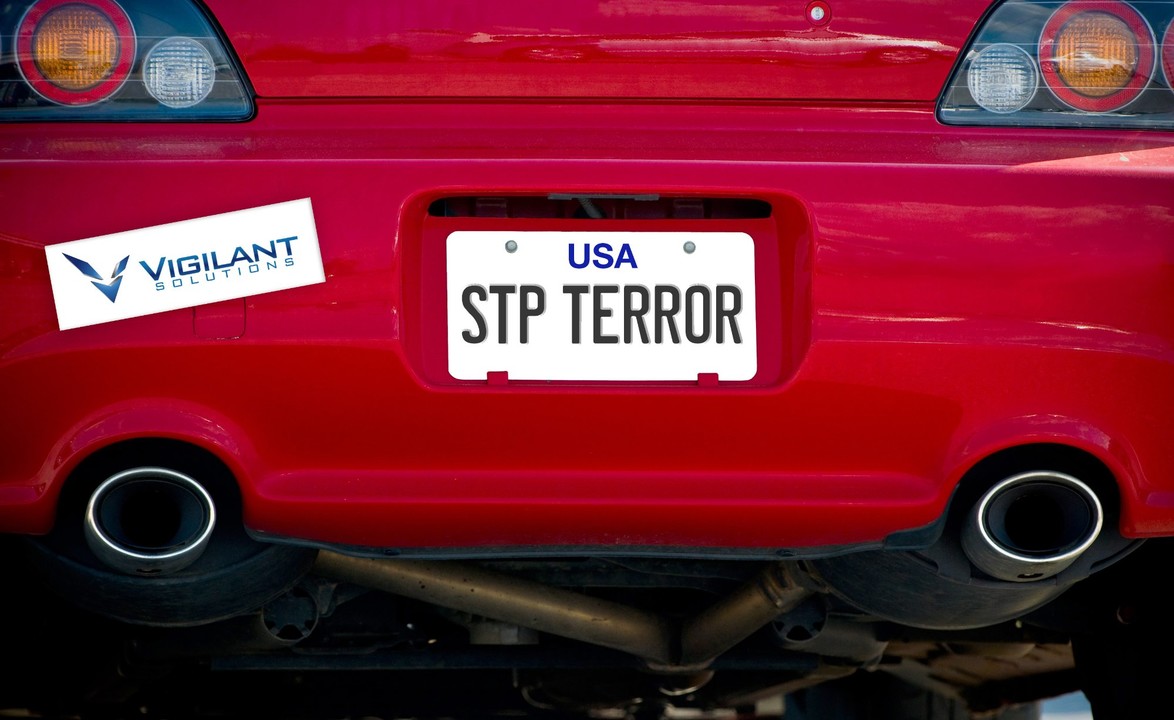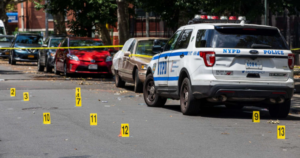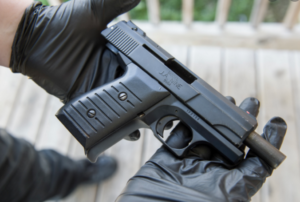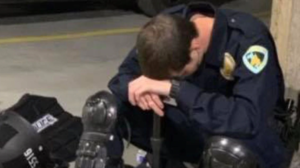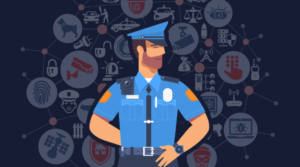I heard some talking head on a major news network speak this week about the new normal in the United States of America. This was in response to the Chelsea neighborhood, New York City and New Jersey terror bombings that occurred this past weekend. A comment that stuck out to me was, “terror is no longer just a mile high, it’s also a mile wide”. I thought, “Wow, that’s pretty insightful.” I took that to mean the large scale highly organized terror plot is still possible, but the lone wolf, low-sophistication ploys are much more likely now. And, soft targets are also in the mix, where they were not previously.
And the reason we are seeing the lone wolf, soft target approach? The highly successful marketing arm of ISIS that pumps out recruitment videos as savvy as anything you have seen from a Fortune 500 company. Via their online terrorist magazine, Inspire, published in nine languages, ISIS is now reaching an audience that was previously unknown and unidentified.
I am not surprised they are successful, as much as it makes me sick. Terror acts and their subsequent investigations are no longer few and far between. Sadly, they are more and more common every day. And with that, in my capacity as a team member for a data and technology company, it got me thinking. Thinking, not of what we can do. I already know that. But, what already have we done thus far that could have, or did, in fact, contribute to helping to solve the far too frequent terror cases.
Investigators Use LPR to Develop Leads in Terror Cases
That caused me to take a quick and unsophisticated inventory of all the past terror acts and consider what our contribution was, or potentially would have been, if it were not for the highly dedicated and determined investigators that wrapped up some of these cases in either swift apprehensions, or the demise of the offenders in an unavoidable gun battle. Post offender apprehension investigations continue as well, but you already knew that, right?
Let me first start by acknowledging everything I know about vehicles and locations involved in these cases are a matter of public record, open source information and not due to any privileged details from any of our customers. I could pen a much more interesting blog post with some of that open source information and detail, but out of the respect of our customers and the potential for ongoing investigations, I will reference at a high level.
As I go down the list, I have come to realize that we at Vigilant Solutions have provided material information for each and every one of the cases that I could recall. Bombs that went off, bombs that smoldered out, mass shootings in the east and the west, stabbings and ax assaults, our nation has seen them all. And high profile areas around the world have met with terror on their soil, or even some areas we’ve never heard of until they were thrust into unwanted global exposure at the hands of terror. In some of these instances, we knew an exact vehicle and were able to provide a historical snapshot of vehicle sightings. In some, we were able to provide information on vehicles often frequenting critically important locations, or were able to provide information on potential witnesses and associates. And in some, we were even able to create a hotlist with a license plate and offer an alert in as near real-time as connectivity allowed.
LPR Success Stories Proof LPR Mission Critical in Fighting Terror
When I started my pursuit of license plate recognition (LPR) data for criminal investigations, it was 2009. Success stories existed, but they happened on occasion. Today, the success stories are so frequent, I can’t even keep up with them all, even though I love reading every one that I can. Here is my “ask”. How, in today’s environment, with what we know, with what we as a country are capable of, with what we are experiencing in street crime AND terrorist activity: Why doesn’t every municipality have an LPR strategy? Notice, I said, “strategy”. I know a lot of the reasons why not; the question was rhetorical. But everyone and anyone tasked with security and safety or, in the event of a successful terrorist act, the investigation of the act, needs to leverage LPR programs, data and analytics immediately. Regardless of who you use: LPR is no longer a nice to have, it’s a must have.

